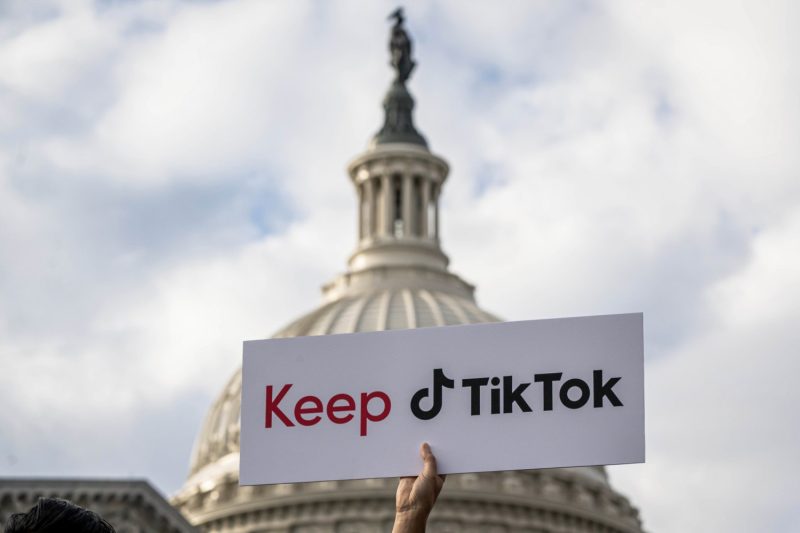The Congress Approved a TikTok Ban: Why It Could Still Be Years Before It Takes Effect
Timeline of the Ban
The announcement of Congress approving a potential ban on TikTok has sent shockwaves across the social media and tech industry. However, while the decision may seem swift and immediate, the path from approval to actual implementation is laden with complexities and obstacles that could significantly delay the ban from taking effect for years to come.
Technical Challenges
One of the primary reasons for the potential delay in implementing the TikTok ban is the technical challenges associated with enforcing such a ban effectively. TikTok is a global platform with servers, users, and infrastructure spread across multiple countries. The sheer scale and intricacies of shutting down or blocking access to TikTok require careful planning and coordination among various stakeholders, including government agencies, internet service providers, and technology companies. The process of identifying and blocking specific traffic to and from TikTok servers while ensuring that legitimate services are not impacted is a daunting task that could take years to execute.
Legal Battles
Another significant hurdle in the path to implementing the TikTok ban is the inevitable legal battles that are likely to ensue. TikTok’s parent company, ByteDance, has already shown a willingness to challenge any attempts to ban its operations through legal means. The company could file lawsuits, appeals, and injunctions to delay or prevent the ban from taking effect. Moreover, various civil liberties organizations and advocacy groups could also join the legal fray, arguing that the ban infringes on free speech and other constitutional rights. These legal battles could drag on for years, leading to further delays in implementing the ban.
International Ramifications
The global nature of TikTok poses significant international ramifications for any ban imposed by the US Congress. TikTok operates in numerous countries worldwide, and any ban on the platform could trigger diplomatic tensions and retaliatory measures from countries that view the ban as a violation of trade agreements or an unjust targeting of a foreign company. Navigating these international complexities and securing the cooperation of other countries in enforcing the ban could prolong the process for years.
Public Backlash and Opposition
Lastly, the potential TikTok ban is likely to face strong public backlash and opposition from millions of users who rely on the platform for entertainment, social interaction, and business opportunities. Influential figures, celebrities, and content creators could mobilize their followers to protest against the ban, putting pressure on lawmakers and government agencies to reconsider or delay the implementation of the ban. The public outcry and opposition could further complicate the process and extend the timeline for the ban to take effect.
In conclusion, while Congress has approved a potential ban on TikTok, the road to implementation is fraught with technical, legal, international, and public challenges that could delay the ban from taking effect for years. As the scenario unfolds, stakeholders must carefully navigate these complexities to ensure a balanced approach that addresses national security concerns while respecting legal rights and international norms. Only time will tell how long it will take before the TikTok ban becomes a reality.
